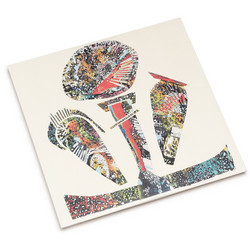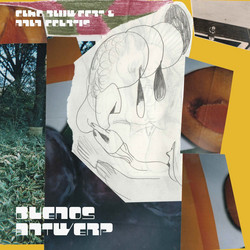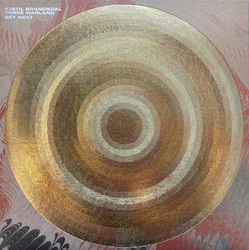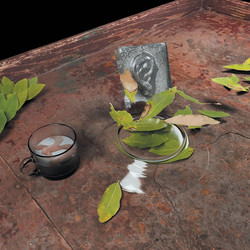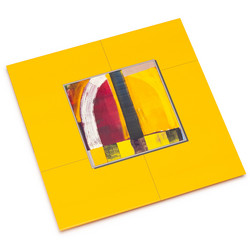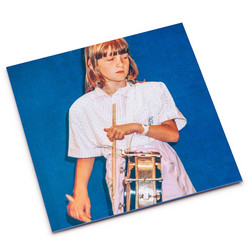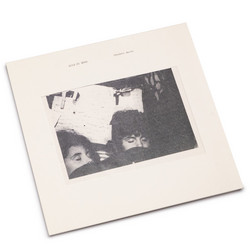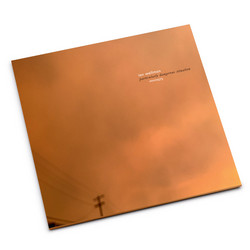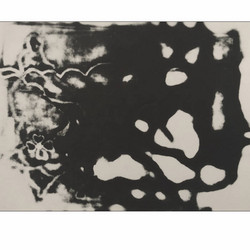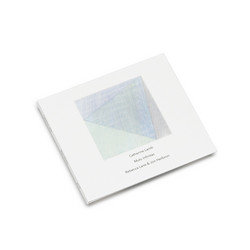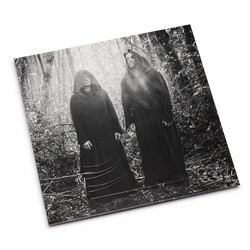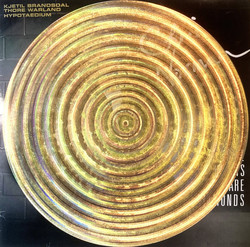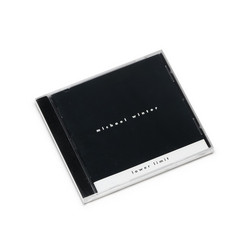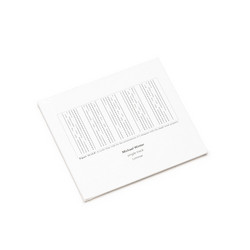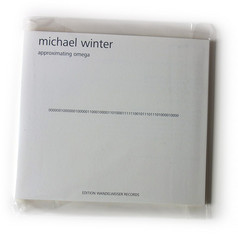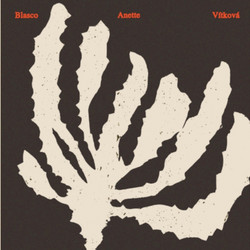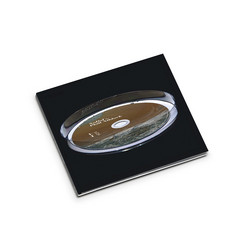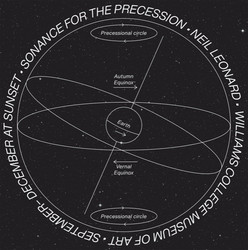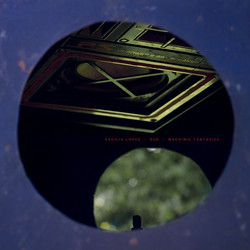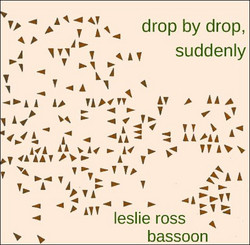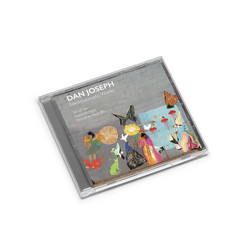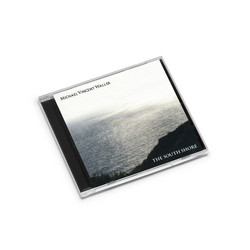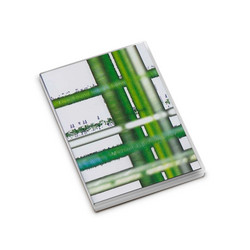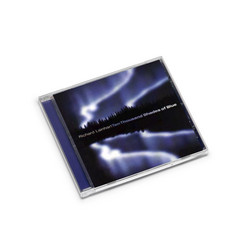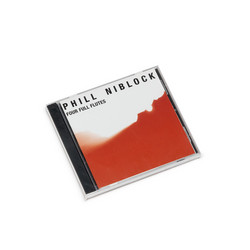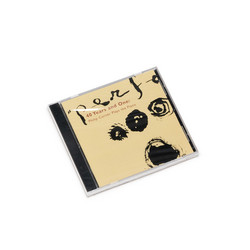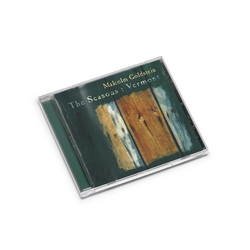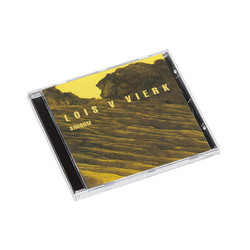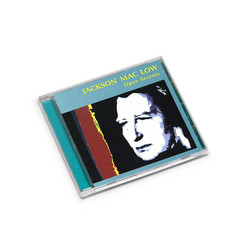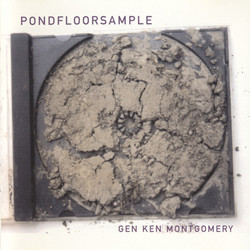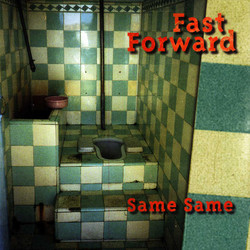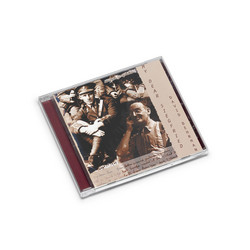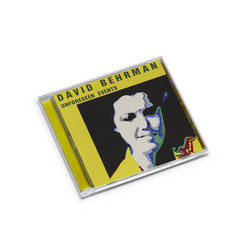Michael Winter
Counterfeiting in Colonial Connecticut / a lot of tiles (trivial scan) (2CD)
Counterfeiting in Colonial Connecticut interleaves guitar passages with readings of excerpts from the book of the same title written by Kenneth Scott and published by the American Numismatic Society in 1957. Readings from the Scott Compendium are complemented with readings of texts written by Winter reflecting events that occurred during the composition of the piece; particularly the protests sparked by the death of George Floyd, a black man brutally murdered by police while being arrested for using a counterfeit $20 bill. Winter writes in the liner notes: “[While] I was reluctant to connect George Floyd with counterfeiting and colonialism… his murder, as well as the pandemic, clearly demonstrated that inequalities accepted in colonial times have persisted.” Winter goes on to explain that “the music of the piece was written using a coin press as a central metaphor. The underlying variables in the computer program that generates the piece vary slightly within and between each section, like variations and errors in the minting of coins.” Simpson is accompanied by Gemma Tripiana Muñoz on piccolo and the texts are read by Simpson, Winter, and animator Mandy Toderian.
a lot of tiles (trivial scan) is based on a set of rectangle substitution tilings explored by Chaim Goodman-Strauss in his seminal paper “Lots of aperiodic sets of tiles”. A rectangle substitution tiling is generated by dissecting a rectangle into 4 smaller rectangles, which are then dissected into 8 even smaller rectangles, and so on. The parenthetical in the title, ‘trivial scan’, refers to the method of sonification. Sonic parameters of the music are determined by scanning and reading the tilings. The piece is quite open. As Simpson explains about Winter’s music in the notes: “Although his music covers a wide range of forms, formats, and concerns, there seems to always be a careful consideration of the adaptability of his works… They can expand and contract to accommodate diverse instrumentations, durations, spaces, and situations… There is an understanding that the myriad of possibilities defined by the scores will never be exhausted; new constellations of materials, performers, and contexts will always exist.” In the recording of a lot of tiles (trivial scan), this variability is explored through different combinations of electronic, synthesized, and acoustic sounds featuring Simpson and saxophonist Omar López, the dedicatee of the work.
All works composed by Michael Winter
Counterfeiting in Colonial Connecticut:
Elliot Simpson: guitar, bass, reading
Gemma Tripiana Muñoz: piccolo
Michael Winter and Mandy Toderian: reading
a lot of tiles (trivial scan):
Elliot Simpson: bass, noises
Omar López; baritone saxophone



